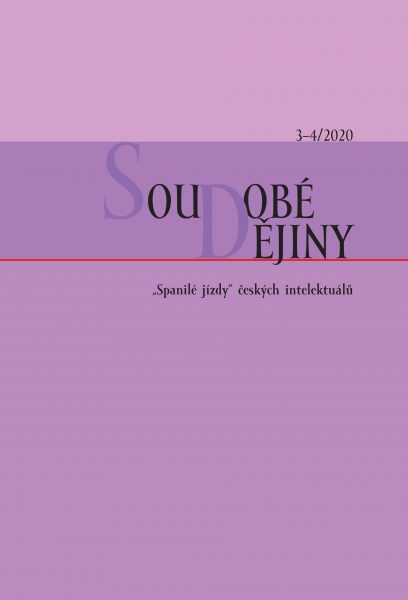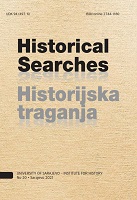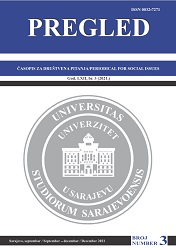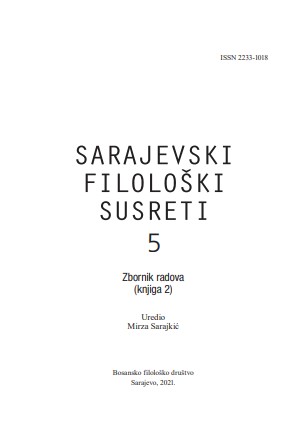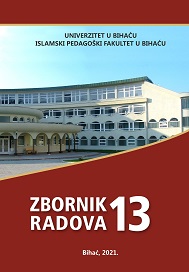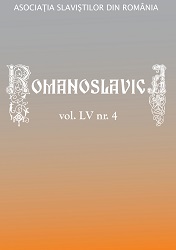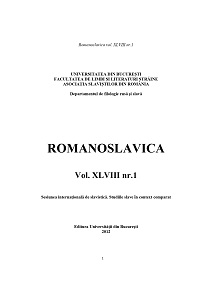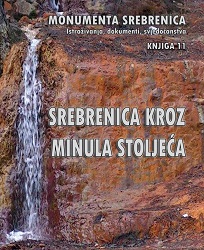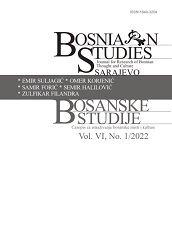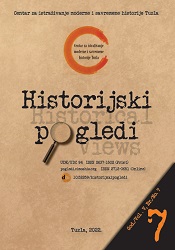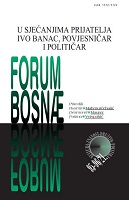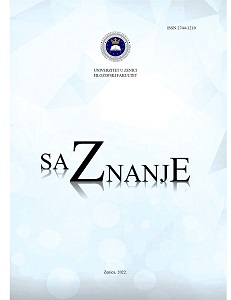Author(s): Vedad Gurda / Language(s): English
Issue: 11/2022
Ratko Mladić, the former Commander of the Headquarters of the Republika Srpska Army, was convicted by the International Criminal Tribunal for the Former Yugoslavia (ICTY) for participating in a) crimes of genocide against the Muslim (Bosniak) population in Srebrenica in July 1995, b) certain crimes against humanity (persecution, murders, extermination, deportation and forcible transfer) carried out against Bosnian Muslims and Bosnian Croats in the following municipalities: Banja Luka, Bijeljina, Foča, Kalinovik, Ključ, Kotor-Varoš, Novi Grad, Prijedor, Rogatica, Sanski Most, Sokolac and Vlasenica, and Sarajevo (muder as a form of this crime), and c) certain acts (terrorism and illegal attacks on civilians) committed as part of the sniping and shelling campaign in Sarajevo, as well as hostage-taking (members of the UN peacekeeping force), and which constitute alternative acts of committing (forms) of crimes of violation of the laws and customs of war. The ICTY’s competent judicial councils have founded Ratko Mladić’s criminal responsibility for his participation and significant contribution to the realization of the four Joint Criminal Ventures (JCEs), whose creators and participants were representatives of Bosnian Serbs, who used positions of the highest-ranking political and miliatry authority and encouraged members of the Republika Srpska Army, Ministry of Internal Affairs of the Republika Srpska, and in some cases members of some of paramiliatry formations, Territorial Defense and regional and municipal authorities of the Republika Srpska to commit systematic apocalyptic crimes against the population of Bosnian Muslims (Bosniaks) and Bosnian Croats during the armed conflict in Bosnia and Herzegovina during the period from 1992 to 1995. Because of all of the above, Ratko Mladić was sentenced to life imprisonment. This sentence brought some satisfaction to the victims of the mentioned crimes, but unfortunately a significant part of the public in the 30 Bosnian-Herzegovinian entity Republika Srpska, as well as in neighboring Serbia, considers the verdict unjust, as well as the entire legal legacy of the ICTY, perceiving it as “part of a global conspiracy against the Serbs”. Furthermore, during the last decade in the public space of the Republika Srpska and neighboring Serbia, planned campaigns and monstrous narratives of denying the nature and scale of the mentioned crimes, especially the genocide in Srebrenica, have been observed by the intellectual and political elites, but also by the common people. In certain cases, this denial of crime turns into an even more ominous phase of triumphalism, which is reflected in the glorification of Ratko Mladić, as well as other convicted criminals, and the glorification of their criminal heritage, while at the same time humiliating the victims. One of the more credible ways of debunking that orchestrated revisionism and denialism is to confront with the same path the formal judicial truth contained in final judicial decisions of independent and impartial courts, such as (was) the International Criminal Tribunal for the former Yugoslavia, established by the United Nations. In the text that follows, the chronology of Ratko Mladić’s trial before this court is given, as well as the most significant conclusions of the ICTY Trial Chamber about his criminal activities during the armed conflict in Bosnia and Herzegovina in the period from 1992 to 1995, which were legally confirmed by the Appellate Council.
More...
